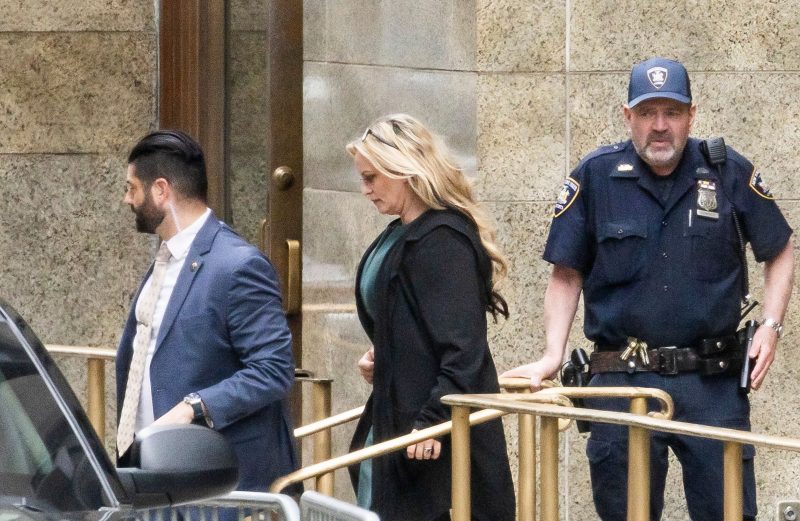Stormy Daniels’ Testimony: Unveiling the Complexities of Power Dynamics and Personal Agency
The recent testimony given by Stormy Daniels, the adult film star who gained notoriety for her alleged affair with former President Donald Trump, has sparked intense public interest and debate. The details she shared shed light on the intricacies of power dynamics and personal agency in the context of relationships and fame. As we reflect on Daniels’ testimony, it becomes evident that her experiences serve as a microcosm of larger societal issues surrounding consent, coercion, and the intersection of personal lives with public scrutiny.
One of the central themes that emerge from Daniels’ testimony is the question of agency and autonomy in personal relationships. Despite the power dynamics at play between her and Trump, Daniels asserted her own agency and decision-making throughout their interactions. This raises complex questions about the nature of consent and the ways in which power imbalances can influence individual choices. Daniels’ testimony challenges conventional notions of victimhood and agency, highlighting the complexities of navigating personal relationships in the public eye.
Moreover, Daniels’ testimony exposes the double standards and societal expectations placed on women in positions of fame and notoriety. As an adult film star, Daniels faced additional scrutiny and judgment for her actions with Trump, while he faced comparatively minimal consequences. This disparity underscores the deeply ingrained patriarchal norms that continue to shape public perception and discourse around women’s sexuality and agency. Daniels’ testimony serves as a powerful reminder of the pervasive misogyny that underlies much of our social and political landscape.
In addition to issues of consent and power dynamics, Daniels’ testimony also sheds light on the role of media and public scrutiny in shaping personal narratives. Throughout her ordeal, Daniels faced intense media attention and character assassination, which further complicated her ability to tell her own story. The sensationalism and voyeurism surrounding her experiences point to larger cultural obsessions with celebrity scandals and the objectification of women in the public eye. Daniels’ testimony serves as a wake-up call to reexamine our complicity in perpetuating harmful narratives and stigmas against women who dare to speak their truth.
As we reflect on Stormy Daniels’ testimony, it is crucial to recognize the broader implications of her story for our society at large. By unpacking the complexities of power dynamics, agency, and media scrutiny that she navigated, we gain a deeper understanding of the systemic inequalities and injustices that continue to shape our world. Moving forward, it is imperative that we listen to and support individuals like Daniels who bravely challenge the status quo and demand accountability from those in positions of power.
In conclusion, Stormy Daniels’ testimony serves as a powerful reminder of the ways in which personal experiences can illuminate larger societal issues. By engaging with the nuances of power dynamics, agency, and media scrutiny embedded in her story, we can begin to unravel the complex web of inequalities that pervade our society. As we continue to grapple with the implications of her testimony, let us strive to create a more just and equitable world where all individuals are empowered to speak their truth and seek justice.
